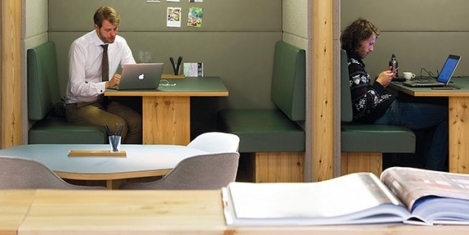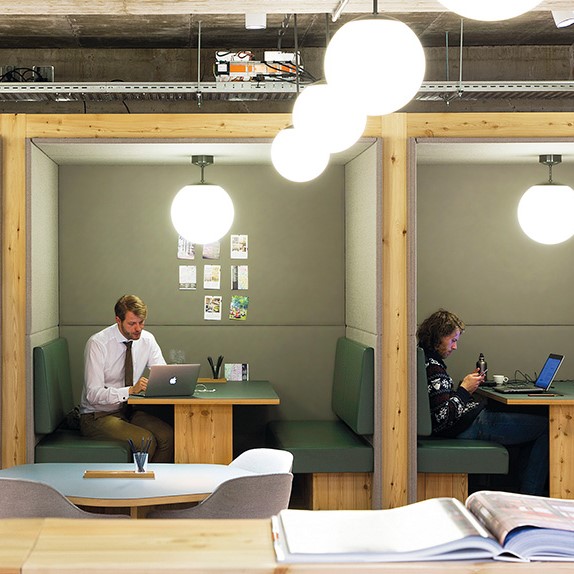December 22, 2025
The role of local businesses in promoting mental health and wellbeing
 Across the UK and over recent years, there has a change in how the general public views mental health and wellbeing. Once seen as an individual responsibility, mental health is now recognised as a shared, community wide issue. Our mental health is both our individual and collective responsibility and requires effort from family members, workplaces and organisations. For many, the workplace is where they spend most of their time. For others, local cafés, gyms, hairdressers, or local shops are their daily social spaces. These are the places that people connect, relax, and interact with other people. It’s in these spaces that local businesses have a unique power to influence how people think and feel as well as their mental health. (more…)
Across the UK and over recent years, there has a change in how the general public views mental health and wellbeing. Once seen as an individual responsibility, mental health is now recognised as a shared, community wide issue. Our mental health is both our individual and collective responsibility and requires effort from family members, workplaces and organisations. For many, the workplace is where they spend most of their time. For others, local cafés, gyms, hairdressers, or local shops are their daily social spaces. These are the places that people connect, relax, and interact with other people. It’s in these spaces that local businesses have a unique power to influence how people think and feel as well as their mental health. (more…)













 A widening gap in productivity between the UK’s public and private sectors is costing the economy around eighty billion pounds annually, according to new analysis from EY. The report,
A widening gap in productivity between the UK’s public and private sectors is costing the economy around eighty billion pounds annually, according to new analysis from EY. The report, 






















October 9, 2025
Is a smart building worth it? My research says the answer is an unequivocal yes
by Dr Matthew Marson • Comment, Property, Technology